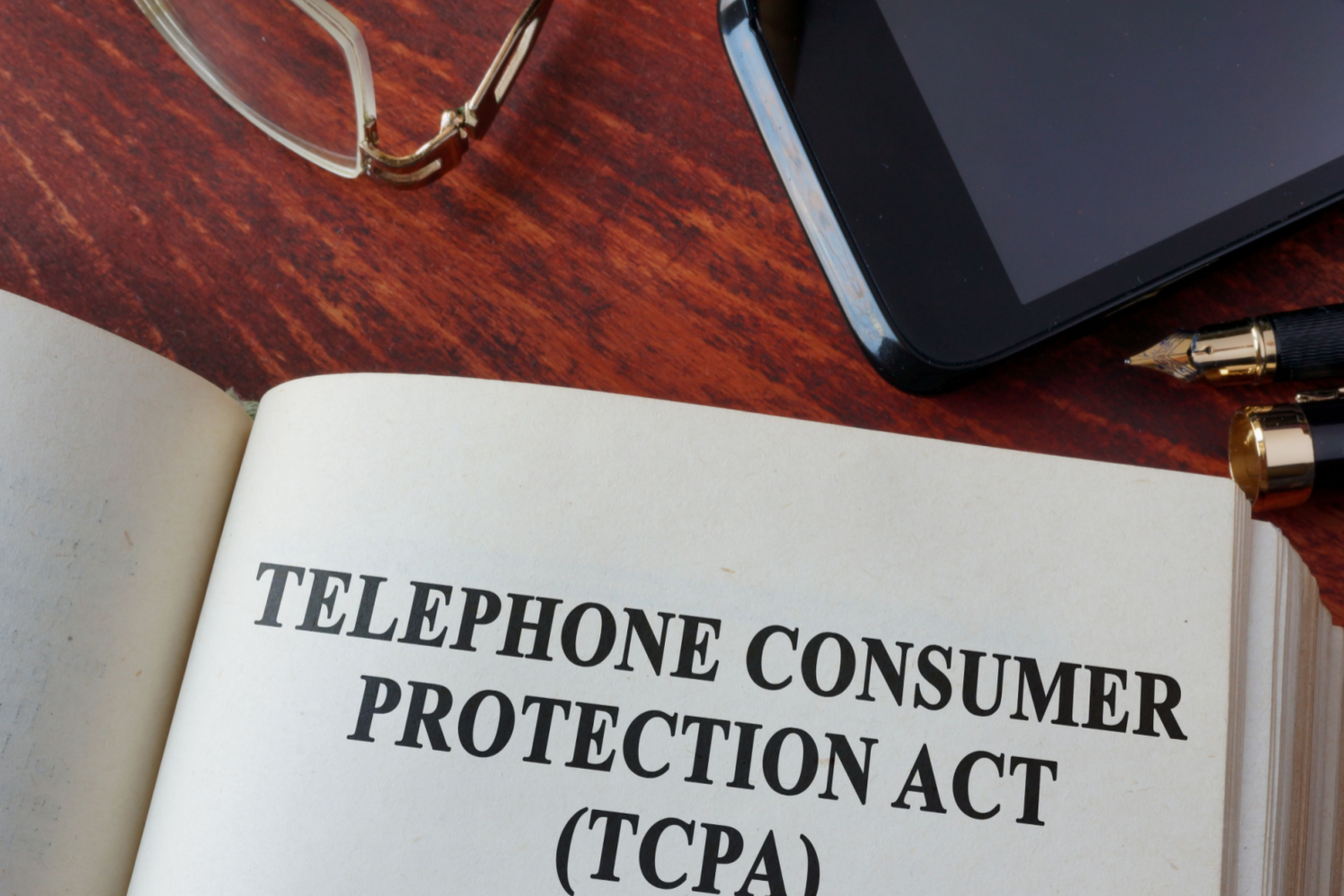Automating patient outreach from appointment reminders to prescription updates can save your behavioral health practice time and reduce costs.
It’s also what today’s patients have come to expect. From appointment reminders to prescription updates, people rely on timely, personalized messages from their providers to help them stay on schedule.
Your electronic health record software (EHR) can help streamline automated reminders and broadcast messaging, but what legal restrictions do you need to consider? As you develop your communications flow, be sure to incorporate TCPA guidelines into your approach.
What is TCPA?
The Telephone Consumer Protection Act (TCPA) is a federal law regulating companies that use automated dialing and text messaging services. Enacted by Congress in 1991, this law directs the Federal Communications Commission (FCC) to initiate rules that preserve consumer privacy, directing businesses to get consent from recipients before calling or texting them automatically.
How TCPA Compliance Affects Healthcare Providers
TCPA regulations apply to all businesses and marketers, including healthcare entities. However, the Federal Communications Commission (FCC) has created exceptions that make it easier for behavioral health providers to communicate important medical and mental health information with their patients while still abiding by these rules.
To qualify for the healthcare treatment purpose exemptions, artificial or prerecorded calls or text messages must meet three standards:
- The call or message must relate clearly to patient healthcare (i.e., appointment confirmations or prescription notifications).
- The subject must directly concern the patient recipient’s personal healthcare needs.
- Healthcare providers can only send calls or messages to their established patients.
Make Patient Consent a Best Practice
The TCPA healthcare exemptions reduce consent requirements when an automated call or message matches its criteria. In fact, calls made to residential landlines are entirely exempt from TCPA liability and don’t need any prior consent.
Furthermore, while telemarketing calls must obtain prior express written consent, robocalls or automated texts sent from HIPAA-covered providers to cell phones only need prior express consent. According to the FCC, meeting this standard can be as simple as asking a patient to fill out a form with their phone number on it.
Although it may not be a TCPA stipulation in every situation, best practice always incorporates express written consent. Collecting this consent during onboarding or follow-up appointments safeguards your patients’ privacy and protects your behavioral health practice.
Limit the Frequency and Length of Your Messages
Even when patients have provided prior express consent for health-related communications, behavioral health providers need to bear in mind TCPA restrictions for how often – and how much – they can text or call their patients.
- Only send one voice or text message daily, and don’t send more than three per week.
- Keep your recorded telephone messages under one minute in length.
- When crafting text messages, revise the content to 160 characters.
Give Your Patients a Choice
Part of TCPA compliance is ensuring your patients have the clear option to opt-out of receiving prerecorded and automated healthcare messages. In your behavioral health practice, implement policies and procedures that honor patient requests to withdraw their express consent, including maintaining a current do-not-call list.
What TCPA Means for Automated Reminders and Messaging
TCPA restrictions in their first iteration applied to an expansive definition of “automatic telephone dialing system” (or “autodialer”), encompassing any equipment that merely stored or dialed telephone numbers. However, a 2021 ruling by the U.S. Supreme Court sided with Facebook as the plaintiff in a case by narrowing the definition of an autodialer to exclude systems that don’t use a random or sequential number generator to store or produce numbers.
This decision may not benefit consumers in every case, but there are advantages for both healthcare providers and their patients when it comes to automating communication.
A FICO survey revealed that 80% of patients want text messages from their healthcare providers, and 76% said they needed these messages to help them remember their appointments. A sophisticated EHR’s built-in capabilities enable you to fulfill these expectations easily while avoiding the TCPA litigation risks that other automated messaging services face.
Stay TCPA Compliant With the Right Automated Communications Software
Automated patient communications can convey time-sensitive information, reduce your no-shows, and increase efficiency and revenue.
Valant’s secure EHR makes it easy to stay TCPA compliant by enabling your practice to deliver patient reminders however patients prefer them with customizable cadences for automated messages, and more.
Contact us today and experience how Valant empowers you to provide efficient and valuable patient communication.




